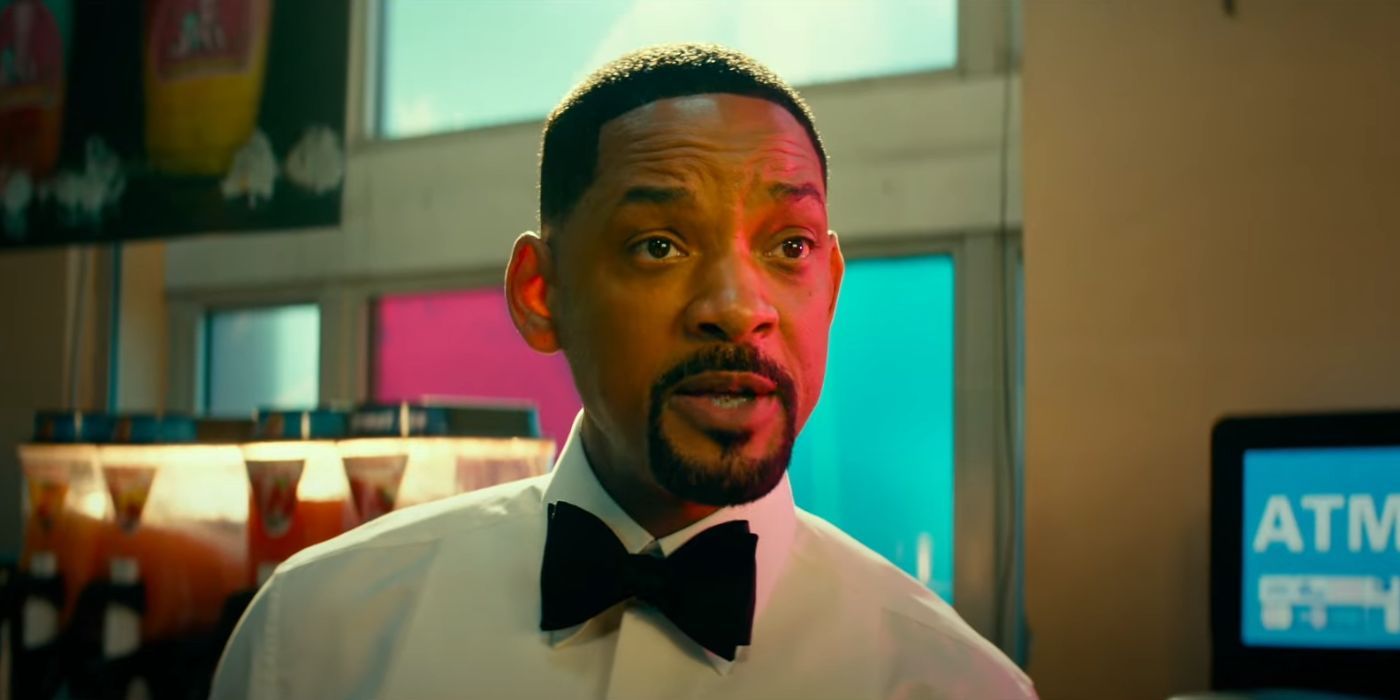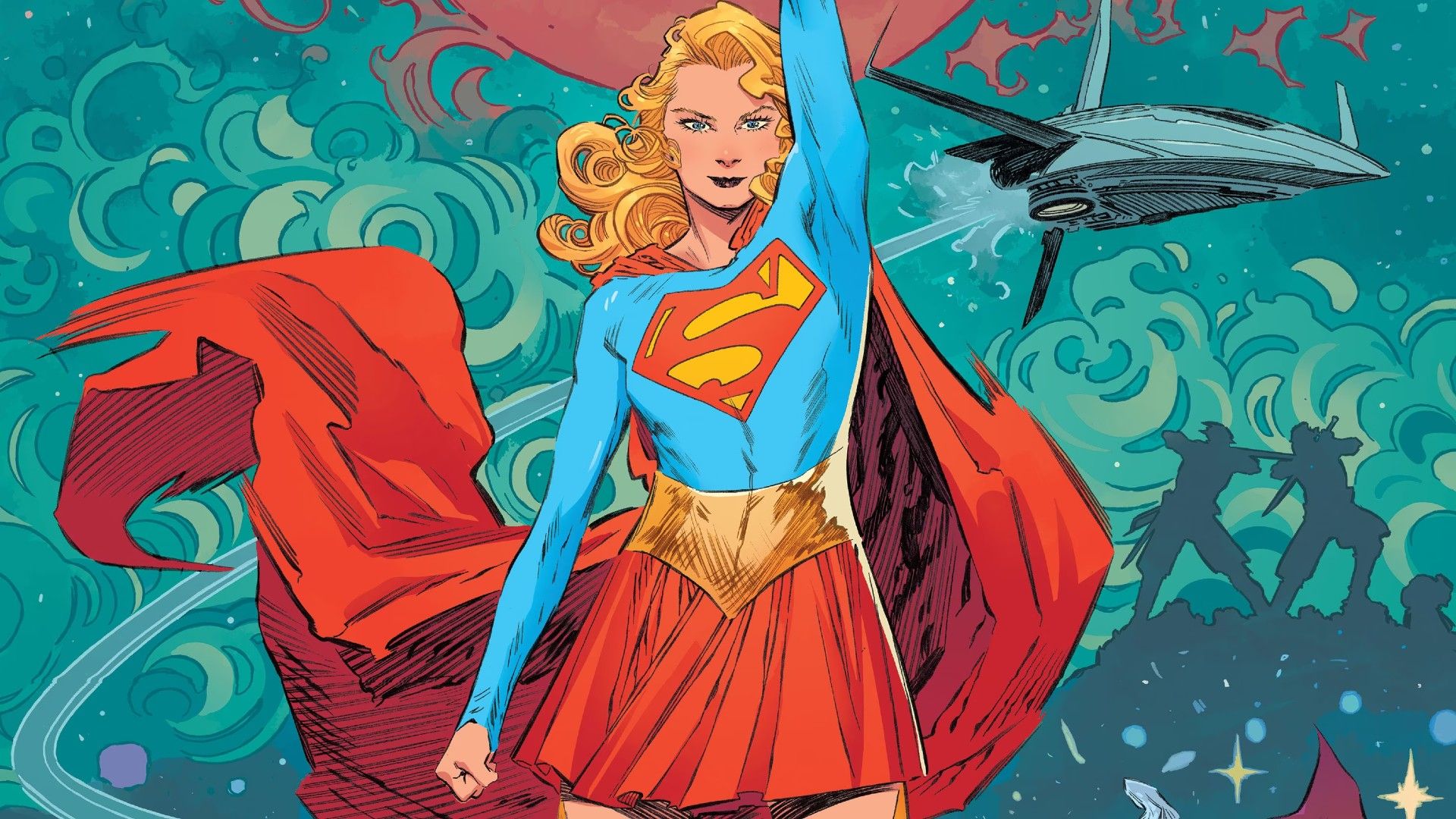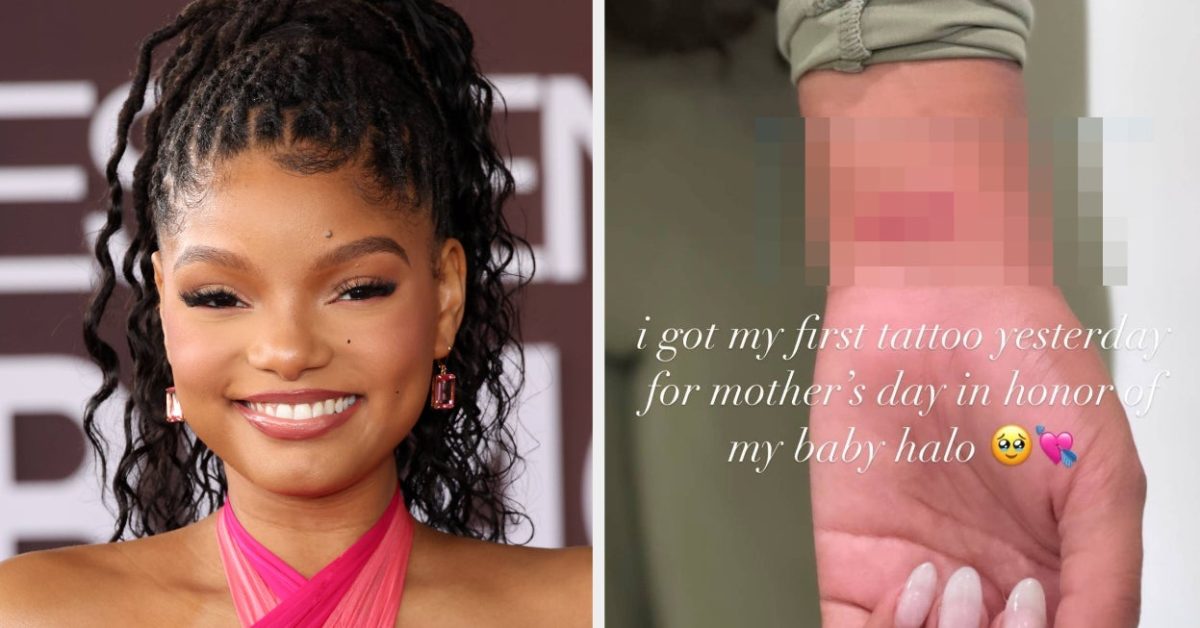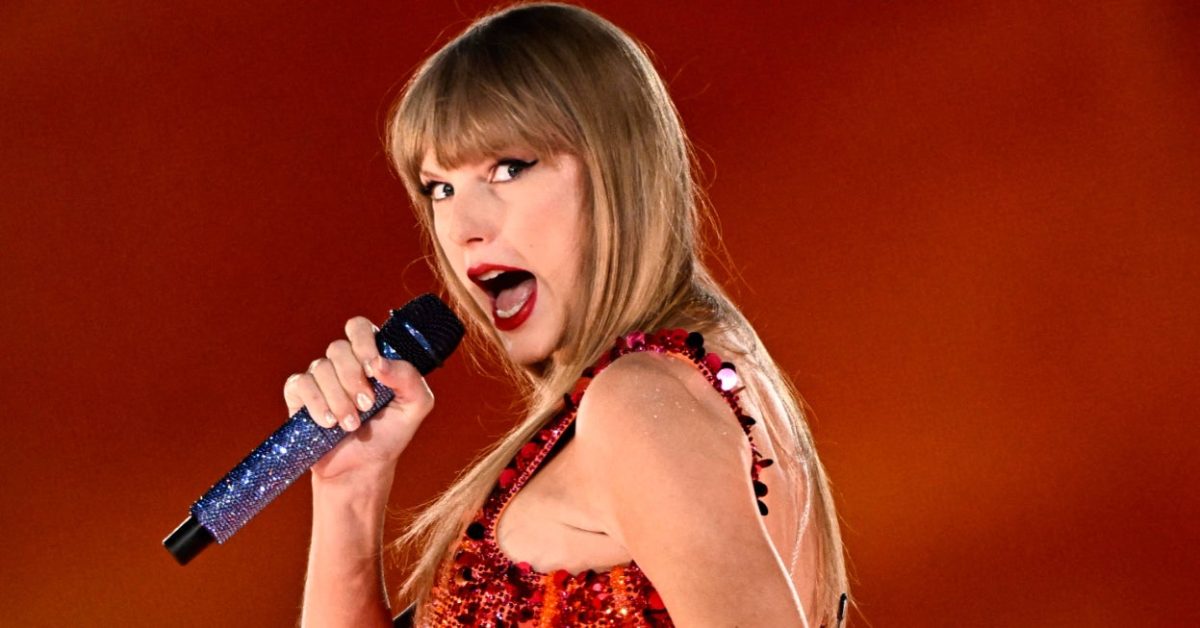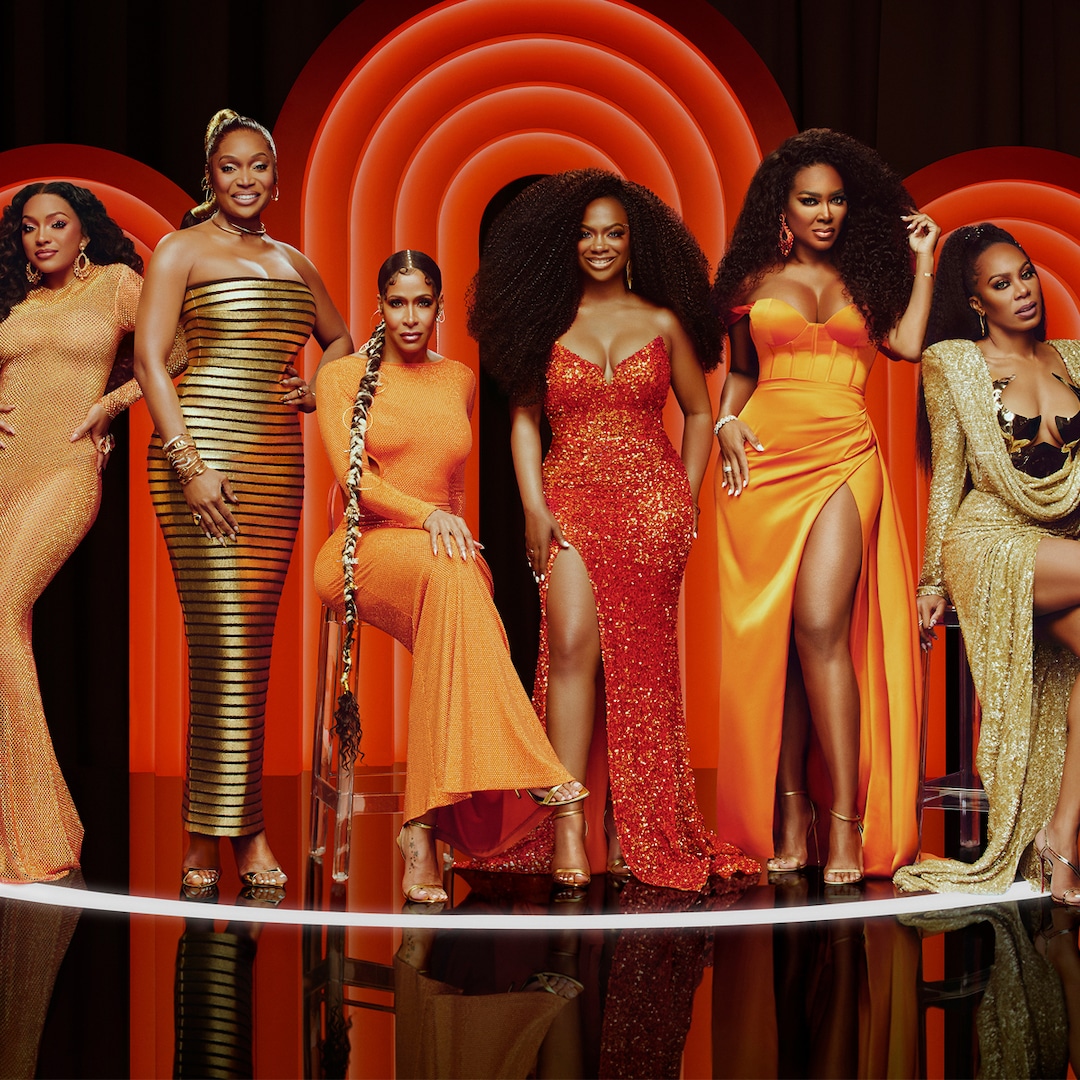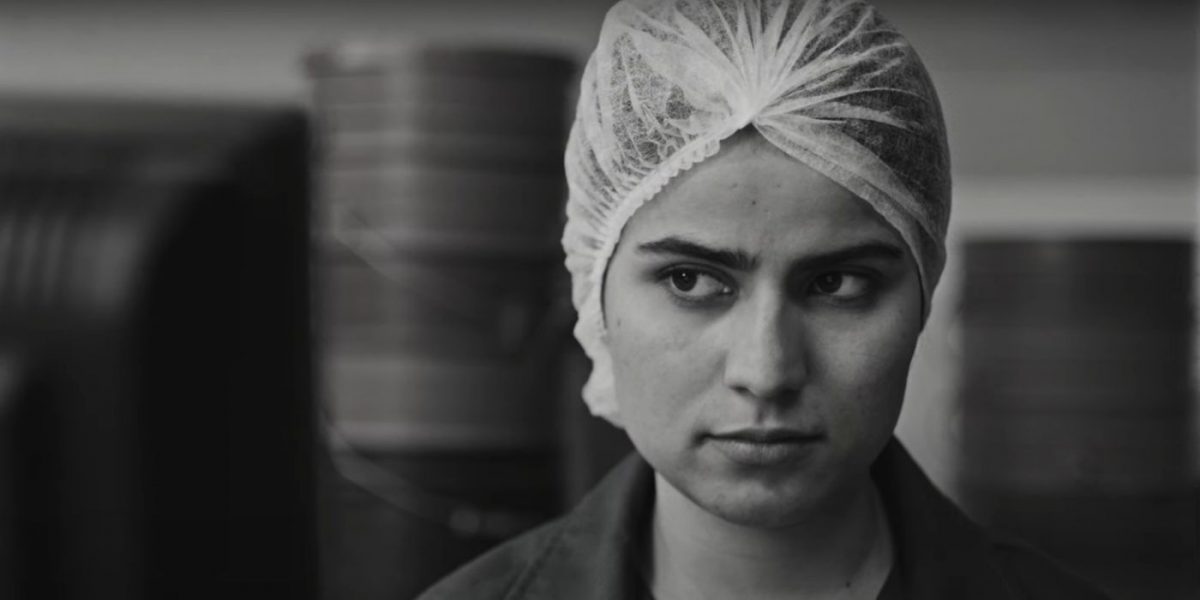
‘Fremont’ Director on the Brilliance of Gregg Turkington & Anaita Wali Zada
Oct 11, 2023
The Big Picture
The film Fremont stands out for its authenticity and genuine portrayal of its characters, creating a sense of realism and relatability. The casting process involved a mix of professionals and non-professionals, with director Babak Jalali selecting actors based on their personal stories and presence during video calls. The lead actress Anaita Wali Zada, who plays Donya, was chosen through an open casting call and impressed the director with her personal story and ability to relate to the character, making her an ideal fit for the role.
The experience of watching Fremont, Babak Jalali’s dramedy starring Gregg Turkington and Anaita Wali Zada, is defined by a sense of authenticity. The characters all feel completely real and the patient pacing plays like an echo of life itself. Centered on a young woman named Donya (Zada) and her life in San Francisco after she had to leave Afghanistan. She works at a fortune cookie while seeking connection where there is often little to be found. It is a sublime work that sneaks up on you when you least expect it to, making it all the more impactful when it does. To hear it from Jalali, so much of the film and its cast saw him trying new things as well as building upon some of his past approaches to storytelling. In an interview, the filmmaker talked about how Turkington, Zada, and Jeremy Allen White came to be a part of the project as well as that Boots Riley cameo.
COLLIDER: Everyone in the film is so distinctly perfect. Even small characters we only see a little bit, everyone just feels so authentic. What was your process of finding everyone?
BABAK JALALI: My previous three films have almost exclusively been made with non-professionals. So I’ve always been comfortable in that way of working. But this time was a mixture, non-professionals and people who have had experience and are quite well known. So I’ll start with Gregg Turkington.
Yes.
I mean, I’ve been a huge fan of Gregg Turkington’s work. I had never met him or spoken to him, but I was a huge fan of his work. Both in his, you know, Neil Hamburger or On Cinema stuff, but also in Rick Alverson’s film [Entertainment]. So I’ve been a huge admirer. One of the other producers, George Rush, had worked with him on that Rick Alverson film, so he sent him the script. Gregg read it. He wanted to have a phone call. We had a long phone call and he said, actually, this was before I left like a week before I left to go to Oakland to start prepping, and he said he’d do it. And so he was in and then, and then we had it, like I say, a two-pronged attack in a way. So we had a local casting director in the Bay area who did street casting, but also people who had done, I don’t know, little bits and bobs in the area. And also we had another casting director who was seeking out, let’s say more well-known, professional people.
So our local casting director, through him, we met most of the other ones you see in the film and I don’t, I never audition. So it wasn’t a case of like sending them like scenes to read or anything like that. It was more about asking them to first send a video recounting in two minutes, a childhood story or memory. From that, then you make a short list and I met them. We couldn’t unfortunately cast the people who actually worked in the fortune cookie factory because the fortune cookie factory still functioned while we were shooting. So we yelled cut, they started making cookies. Then they stopped, we rolled because we shot for five days and it was unreasonable to ask them to stop business for five days. So they were unfortunately not available. But the rest yeah, they were from local communities in Fremont and the Bay area.
Anaita Wali Zada, who plays the lead, we did an open casting call on social media and via Afghan community centers all around America. And we got people calling back from all around the states like Oklahoma, Nebraska, California, New York, Florida. And most of them were young Afghan women who were second-generation Afghans. So their parents had actually moved there and, in, I had video calls with them and none of them seemed quite right and I was getting a bit worried until Anaita sent me an email out of the blue saying ‘hi, I’m Anaita. I’m 21 years old. I left Afghanistan five months ago on one of those evacuation flights when the Taliban returned. I’ve been resettled in Maryland. My whole family is in Afghanistan except my oldest sister who I came with here. I’ve never acted before and I don’t, my English is not great, but I’m interested. So we set up a video call and as soon as I saw her, I think just her presence, the way she carried herself was there. I don’t know, there was a sort of like a, not an austerity but very like refined in the way she carried herself. And when she told me her own story, okay, she was not a former translator, but she had a lot in common with the main character. Like I said, she was, she left Afghanistan, left her family behind, was starting from scratch. And those two things combined, I think just I feel like she’s, she, she’s the one, you know, she’s, she’d be ideal for the role. And of course, I hadn’t met her in person. It was a video conversation. So it was a risk, but we said no she’s definitely right. So she flew to Oakland two days later and then she was there for pre-production. She had such a fierce determination, because again, she related to the character of Donya because of her own story. She had such a determination as a strong cause for her is the plight of Afghan women. And she wants that to be in the conversation just in general moving forward after this film is done and dusted and people have forgotten about it.
And so then Jeremy Allen White, very late in the game, like literally, I think a few days before we start production, we hadn’t cast that role. And one of my closest friends is a filmmaker in New York called Antonio Campos. And Antonio and I were together in the Cannes Film Festival residency, living together for six months in Paris in 2006, 17 years ago when he was writing his debut film and I was writing my debut film and Antonio’s debut film was Afterschool, which had a 14-year-old Jeremy Adam White in it. So Antonio goes, ‘why don’t you call Jeremy?’ I said ‘he’s never gonna do it.’ He said, ‘no, it’s really cool. Why don’t you call him?’ So I called him, he’s like, ‘send me the script.’ I sent him the script, he read it that night and he goes, ‘let’s get on a video call.’ We’re on a video call the next day, he said ‘he’s really into it and he wants to do it’ and he drove up to L.A. two days later and his scenes were actually the first two scenes, the first two days of filming. And yeah, so that was amazing.
Image via Music Box Films
It sounds like kind of a series of really kind of serendipitous connections because then I also was curious, Boots Riley shows up and I’m a big fan of his work. Did you know him before?
I’m a big fan too. I had met him a couple times before during the San Francisco Film Festival with my previous films. So we’ve had conversations but no, I didn’t, let’s say know him. I wasn’t in direct communications with him. But when we’re trying to shoot in 2020, in that version of the script, we had a role that we had written for him. That was a role. Then when it came, when we found out we were going to shoot when we were going to shoot, he was also shooting his TV series. So the idea of playing an actual role was not a possibility, but he agreed. Again, George Rush was a producer on Sorry to Bother You and he got in touch with Boots and said, ‘do you mind doing a cameo?’ He agreed and he came down.
What I really love about this movie and what I think has connected with people is that it’s basically a series of conversations among people. There’s usually only a couple people in a room, in a fortune cookie factory, in the break room, in a restaurant. When you work with just two actors in a scene, how is it that you collaborate with them? Do you enjoy kind of off the cuff conversations? Especially when I think of the scenes with Gregg because just him opening a fortune cookie bag becomes comedic gold. How do you approach kind of all these little almost vignettes that play out?
Yeah, I must say I think this film has more dialogue than my previous three films combined because the rest of them really have minimal dialogue. Also very different to my previous films, we really did stick to the script in this one. Part of that was because of Anaita’s grasp of the English language, you know, to expect improvisation and Gregg is very into improvising, you know. So in our initial discussion with him, we thought about like, you know, he could be freestyling and we’ll just see how things go. But pretty early we realized that’s probably not wise, because again, the language barrier that was there. But, for example, the gentleman who runs the eatery, for him this was completely something entirely alien. So when we filmed his scenes, it was literally me behind camera telling him ‘now say this’ and he said it, ‘now say this’ and he said it kind of thing.
The rest I think Gregg Turkington is naturally, he’s extremely gifted. He’s very, very talented.
He can read a situation not just in films but in life. I think he’s just very good at reading situations and either knowing ‘OK, I don’t want to be a part of this conversation’ or if I’m gonna be part of this conversation, he knows what is going to lead to in a way. So, with the opening of the fortune cookie, we were on the same wavelength about how Dr. Anthony should be. We didn’t want him to be a slapstick goofball, but we wanted him to be like, you know, a therapist unlike one you’ve seen before. I’ve been in therapy before and when you sit across from a therapist, I’ve started like spacing out or daydreaming and I imagine the therapist just suddenly stopping this whole generic talk of ‘and how did that make you feel or when this happened to you,’ and just starts like speaking like a regular person. With Gregg, that’s what it was. It was like we thought, ok, he would be someone who we think in the beginning is just really all over the place. But actually as it goes forward, we kind of start thinking maybe he’s exactly the right person she should be speaking to. And the absurdity of that situation, I think lends itself to the elements of humor that come into it.
Image via Sundance.
I want to talk about how great she is, Anaita, in that too because her expressions, even when she’s kind of sitting back, like kind of reacting to the scene, it makes it so alive. What direction were you giving her in those types of situations? And then also would you want to work together again? Just because I want to see more movies with her and with you collaborating together as well.
I mean, those scenes between her and Gregg, I should say this both Gregg and Jeremy, were amazing with Anaita. They were just so patient and supportive and understanding that this is her first time doing this and she’s in pretty much every single frame of the film. And I think very quickly both of them developed this chemistry that extended off camera as well in the sense because they were both so curious about her as a person. They were so intrigued by her as a person. And also so moved by her as well because she’s just such a dear and sweet and kind human being. It became sometimes a situation where Anaita really kind of started grasping the situation herself. Like with the thing you mentioned where he’s reading the fortune cookie messages and her reactions to them. It was a thing of, you know, we had Gregg those off camera for Anaita to have expressions versus just, you know, shooting her and me reading the scenes out and her. She grasped that this is completely strange and odd and that someone would do this and she reacted accordingly that way. And her reactions are crucial to the scene and the timing of getting that right in a way.
Yeah.
Going back to the question, would I work with her again?
Because I also want to see how she’s doing outside of film. How often have you been talking together and what do you hope to do together in the future?
Yeah, I mean, I spoke to her yesterday. I mean, we were at the screenings because we got a SAG waiver. So she was able to come to the screenings in New York and L.A. and the Bay area. So I’ve been spending a lot of time with her the past couple of weeks and I spoke to her yesterday. Look, I mean, I think again, just to even to attempt to put myself in her shoes, you know, at the age of 21 leaving in the conditions that she left and she has a mother and six siblings that she left behind. It’s fairly hardcore and so she’s starting school in a couple of weeks, university college. She wants to continue acting. I would love to work with her again. I hope she’s not going to be put in a situation where she’s just gonna be typecast because I think she has a range and ability to play a whole variety of things. I hope she doesn’t become a token, you know, foreigner slash immigrant or, worse still, that she’s some like, you know, explosives expert who’s hired by the Americans. You know that kind of nonsense. I think she’s extremely, extremely gifted and I think she has the personality, the ability. In the film, we have a line where people with memories write beautifully. She has a lot of memories that she can channel to something creative. And I think she did that in this film and I think she can continue doing so. I personally would not hesitate to work with her again. She really is a brilliant individual, a great human being. I think for her, one of the things that really was important to her was that the conversation about Afghan women in particular continues longer after our film is gone. That it is still in the spotlight and that people don’t forget about it because the situation is dire over there. It’s really catastrophic.
Image via Karlovy Vary International Film Festival
Well thank you so much for sharing this story and with what you were saying about not having it sort of be typecast or narrowly confined.
Yeah, one of the primary aims of this film, I mean, when I was writing it and then directing it, I didn’t want this to become a film about an immigrant where you’re just wallowing in their misery and pitying them. That was not only not the intention, that was something we were vehemently against recreating. And this tone and this way of telling the story, the main objective was to humanize the character. Yes, she’s Afghan, but she’s a 21-year-old woman. She’s no different to a 21-year-old woman from anywhere else in the world. Hopes and aspirations are not fixated within borders and boundaries. Everyone has them.
Fremont is available on VOD now.
Publisher: Source link
Halle Bailey Gets Halo Tattoo For Mother’s Day
Halle Bailey Gets Halo Tattoo For Mother's Day Halle Bailey is celebrating her first Mother's Day in a pretty significant way. On Sunday, she revealed she'd gotten a tattoo for her son, Halo, whom she shares with her rapper boyfriend,…
May 16, 2024
Soothe Sore Muscles With These Workout Aftercare Tools
The products featured in this article are from brands that are available in the NBCUniversal Checkout Marketplace. If you purchase something through our links, we get a commission. Although I hate to admit it, consistent exercise really does make me…
May 16, 2024
The Internet Can't Handle Taylor Swift's Alien Abduction Optical Illusion
It's giving Signs.View Entire Post › Disclaimer: This story is auto-aggregated by a computer program and has not been created or edited by filmibee.Publisher: Source link
May 15, 2024
Meet Real Housewives of Atlanta’s Newly Revamped Season 16 Cast
Attention, Bravoholics: Get ready to meet your newly revamped group of Georgia peaches. The Real Housewives of Atlanta's season 16 costars have finally been revealed amid a recent cast shakeup. Returning to the reality show after a two-season hiatus is Porsha Williams, who will…
May 15, 2024

